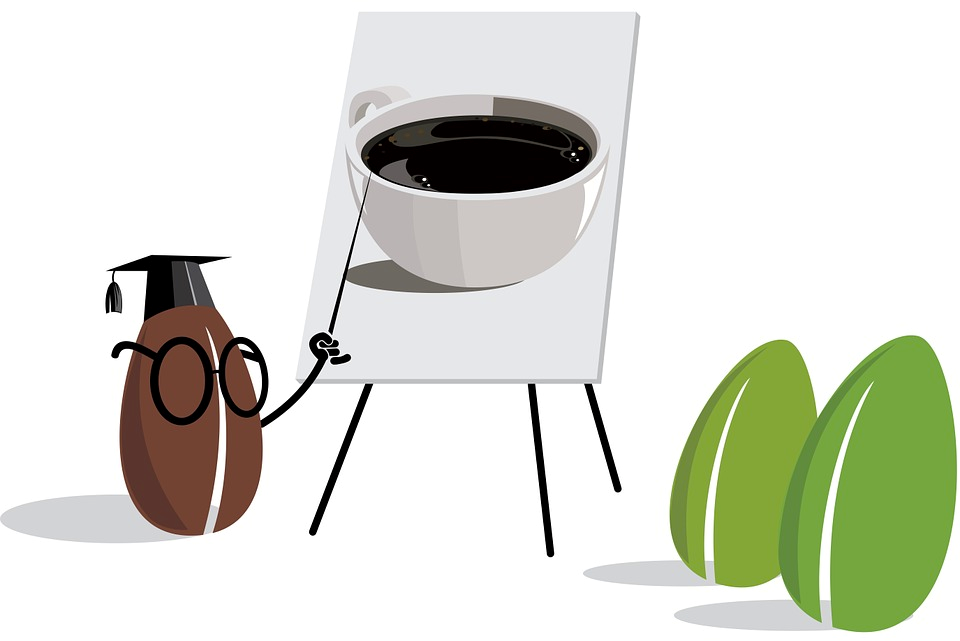
Everybody walks around aimlessly in the morning while waiting for the coffee maker to finish brewing, right? Of course, this may not happen to you if you know how to run the automatic timer or are particularly special and have a Keurig, unlike me.
As you pace on the cold kitchen floor, you think to yourself: “Am I addicted to coffee?”
You pour some Joe into your favorite mug and stand looking out the window at the rising sun, contemplating all you have to take on for the day. At that moment you think, “It doesn’t matter if I am addicted; it’s harmless and it makes my mornings bearable.”
Coffee is rumored to have been discovered in Ethiopia by a goat herder named Kaldi. He noticed that when his goats were grazing in a particular area that they had distinctly more energy. He soon found that this phenomenon was due to the coffee tree that the goats had eaten from. He used the berries for himself and found that it helped him stay awake during long hours of prayer. Word grew like wild fire and its use and popularity spread across the continent.
It even traveled to the New World but did not surpass the popularity of tea until the tax had become irrational and coffee was the cheaper commodity. You can thank the Boston Tea Party for officially giving coffee a top spot in America, whereas across the pond, tea is still more popular.
As Thomas Jefferson said: “Coffee, the favorite drink of the civilized world.”
But why is coffee so magnificent? As a new discovery one can understand why it is so captivating, but what about it still makes people so obsessed today? Well in part, it is a drug. Though it is relatively harmless compared to other addicting drugs, it is still an addiction.
Coffee is a stimulant and with the normally fast pace of American society, it is incredibly tempting to have the energy advantage that coffee gives you.
Besides giving us quick energy, it also has some relatively healthy benefits. Coffee naturally has a complex botanical profile only meaning that the many different genes of the plant have different benefits or uses. The roasting process for coffee adds even more natural compounds, each different with every kind of bean. With a moderate consumption of coffee, 3-5 cups a day can have some positive health effects:
- Longevity
- Prevention of liver disease
- Better memory
- Higher athletic endurance
- Decreased risk of type II diabetes
- Cognitive function improvements for the older adult
But like all things, too much of it can take you down a bad road. Each person is affected differently by coffee. It can depend on a person’s age, body weight, gender, heredity and metabolism. It has been found that there is a fairly common genetic trait that causes a person to metabolize caffeine slower. With two or more cups a day, people with this trait may increase their chance of developing heart disease. However, this goes for all caffeine, not just the caffeine from the consumption of coffee. Along with this, too much coffee has been associated with higher levels of cholesterol.
Also, depending on what is in it, coffee can be a high calorie drink. All kinds of sugary and fatty concoctions are added to coffee and those calories add up … really, really fast. So think before you drink — is that second or third cup worth the pay off?
I know that I will continue to drink and enjoy my nice cup of coffee in the morning, and occasionally I will add a sinful amount of creamer.
But as always, moderation is key.
